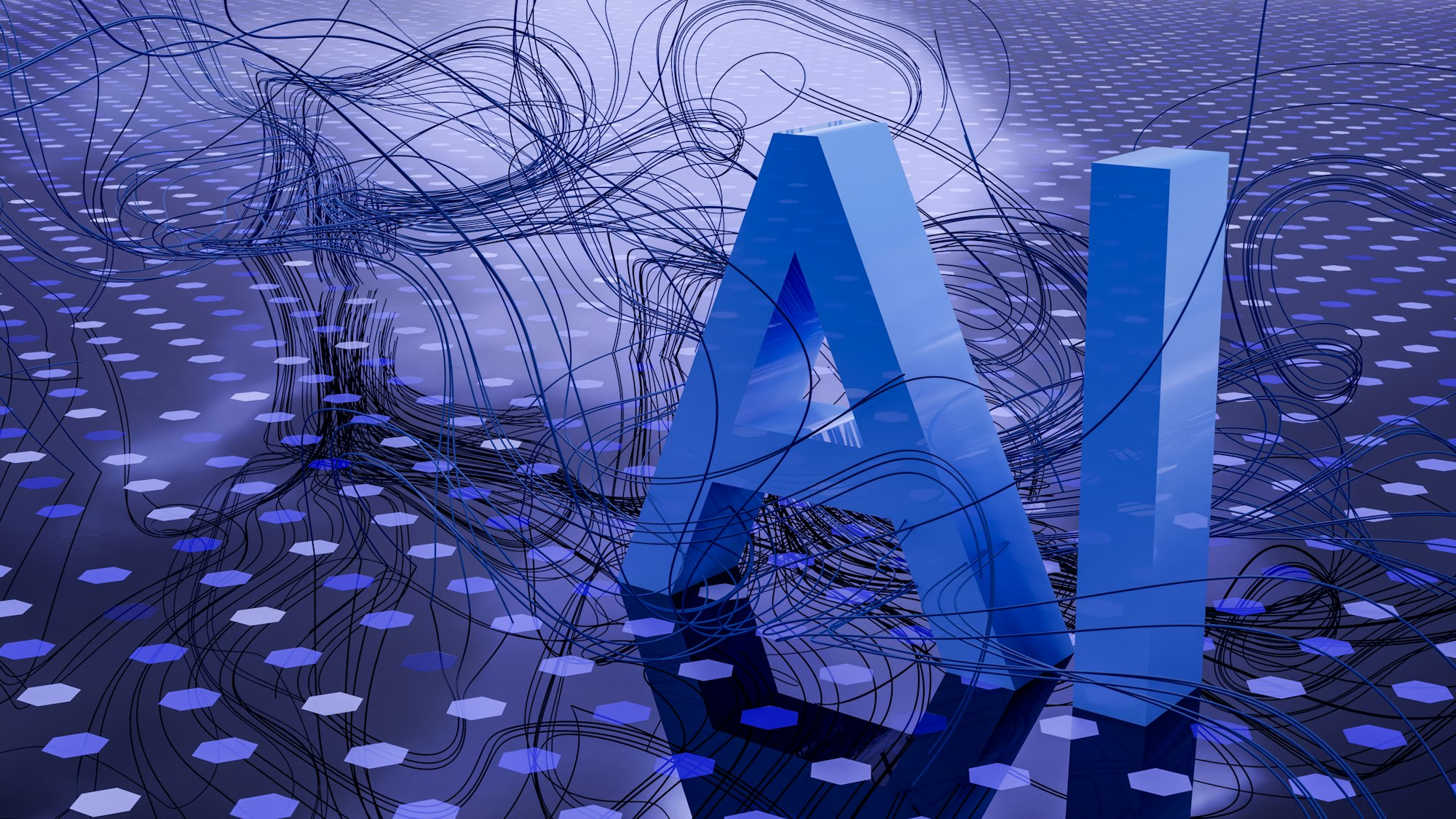How Voice AI Will Change Call Centers

The AI-Driven Transformation of Contact Centers: A Look into the Future
Last month, we introduced Alex Voice AI to the world during the WebSummit Qatar. Here is the video: https://youtu.be/Ak6z0dke5aw
We believe that the rise of powerful Voice AI technologies is poised to fundamentally reshape the way contact centers operate. As AI systems continue to advance, their ability to understand and respond to customer queries with remarkable accuracy is set to outpace the capabilities of some human agents. This technological leap will undoubtedly lead to a decreased reliance on large, traditional teams of customer service representatives. Let's explore the implications of this shift.
The New Normal: AI as the First Line of Support
In the future, we can expect AI-powered virtual agents just like Alex to become the primary point of contact for most customer interactions. These AI systems, already remarkably capable, will continue to improve. They'll become adept at handling routine inquiries, resolving basic technical issues, and even providing personalized product recommendations. The ability of AI to handle a vast volume of calls and inquiries simultaneously will offer unprecedented scalability and eliminate long wait times for customers.
The Evolution of Human Agents
While AI will take on a greater share of customer interactions, the role of human agents won't vanish. Instead, their roles will evolve and become highly specialized. Human agents will be crucial in the following areas:
- Complex Problem-Solving: When customers have highly nuanced or complicated issues, the empathy, critical thinking, and adaptability of human agents will be indispensable.
- Emotional Support: Situations involving frustration, disappointment, or high-stakes issues often require the emotional intelligence and understanding that only a human can provide.
- Building Relationships: For key accounts or high-value customers, the personal touch of human agents will remain essential in establishing trust and long-term loyalty.
The Hybrid Workforce: Humans and AI Collaborating
The future contact center isn't about AI replacing humans; it's about a seamless collaboration. AI will handle the bulk of routine interactions, freeing up human agents to focus on where they provide the most value. AI systems will also act as powerful assistants to agents, providing real-time insights, suggesting solutions, and automating tedious administrative tasks. This hybrid model will optimize efficiency and enhance overall customer experience.
Challenges and Opportunities
This AI-driven transformation will bring with it both challenges and exciting possibilities:
- Upskilling the Workforce: Contact centers will need to invest heavily in retraining and upskilling their existing workforce to adapt to these evolving roles.
- Addressing Ethical Concerns: Ensuring fairness, transparency, and the responsible use of AI will be critical to maintaining customer trust.
- Personalization at Scale: Finding strategies to maintain nuanced, personalized customer service even within an AI-dominated landscape will be a key differentiator for businesses.
The Future is Bright
Despite the challenges, the AI revolution in contact centers promises a future of increased efficiency, better customer experiences, and a more stimulating and rewarding work environment for human agents. By embracing these changes and strategically investing in both AI and human development, businesses can position themselves for lasting success in the customer-centric era.

